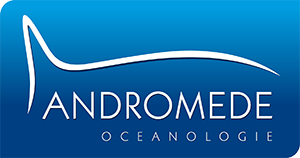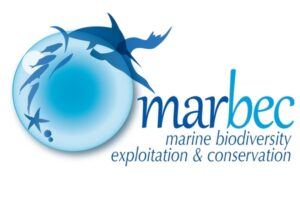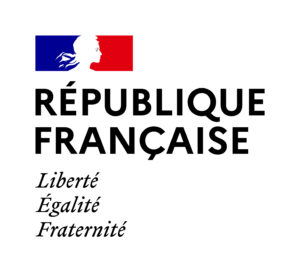IPOCOM project launched #19

The IPOCOM project (Inventaire des poissons côtiers de Méditerranée française continentale par ADN environnemental et sélectivité de la pêche artisanale) has just started on January 1, 2024, for two years.
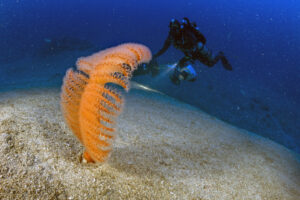
Illustration of a Pennatula on a coastal detritic bottom. @Laurent Ballesta, Andromède Océanologie.
This project is led (J. Deter and D. Mouillot) by the University of Montpellier (UMR Marbec) in partnership with Andromède océanologie and the Comité Régional des Pêches Maritimes et des Elevages Marins Occitanie. It is supported by the European Union through the European Funds for Maritime Affairs, Fisheries and Aquaculture (FEAMPA) and FranceAgriMer.
It aims to inventory coastal fish species by environmental DNA along joint transects parallel to the coast (135 joint transects of 5 km x 2 samples) in spring 2024, based on surveys of local fishermen.
The breeding areas and periods of these species, and any recent changes, will also be researched on the basis of bibliography and surveys. Comparison of the results and their analysis in relation to coastal activity and environmental data (multi-parameter probe + existing available data) will be presented at feedback meetings in the surveyed ports.
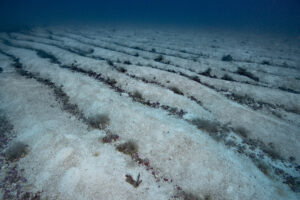
Illustration of a soft bottom in the French Mediterranean @Laurent Ballesta, Andromède Océanologie.
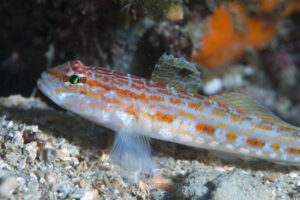
Illustration of a Gobius kolombatovici. @Laurent Ballesta, Andromède Océanologie.
This work will ultimately make it possible to
– identify differences in perception,
– assess the proportion of threatened or sensitive species not caught,
– suggest areas for protection and/or restoration.
The study area is the infralittoral/circalittoral interface in Occitanie (around -15 m) and Provence-Alpes-Côte-d’Azur (around -30 m).
This is the transition between Posidonia meadows and soft bottoms or sciaphilous hard bottoms.
The inventories can be compared with the results obtained in Corsica during the PIAF project (Poissons des fonds meubles : Inventaire par ADN environnemental) funded by the Agence de l’eau, the OEC and the OFB, for which sampling was carried out in spring 2023.
Julie Deter, University of Montpellier and Andromède Océanologie


